If and when age group triathletes should make the jump to the pro ranks is the subject of debate. Triathletes go pro for a myriad of reasons: for athletic development, a life experience, a badge of honour, the chance to win prize money, to earn a living, to travel abroad, to save on race entries, peer pressure, to escape facing other issues, to explore their limits, to avoid regrets, or simply because they can. I’m not going to discuss the merits of these motives, but rather to share my perspective on “going pro” in 2014, and the impacts it will—and will not—have on me.

What does “pro” mean anyway?
There’s no universal definition of a “pro” triathlete. “Going pro” usually refers to being granted “elite status” or an “elite card/licence”. Canadian triathletes first apply through their provincial governing bodies, which have a patchwork of performance-based and/or semi-discretionary criteria. To compete internationally at the elite level, triathletes must also be granted a Triathlon Canada International Competition Card. The system is a little different in the United States, where USA Triathlon has a national elite qualification process based on specific performance criteria.
Amateur vs. Professional
There isn’t really a meaningful distinction between amateur “elite age groupers” and lower-tier “professionals”. It’s a murky grey area. Like me, most of these folks work less than full time and center their lives around the sport. Some simply choose to go “pro” while others do not. Some races lump these athletes together in a Pro/Elite or Open category, an approach that makes sense to me.
I held off on going “pro” longer than some. The idea wasn’t even on my radar until last summer. On one hand, I’ve been on the overall podium at over 85% of my triathlons since 2010 and have routinely finished ahead of some “pro” triathletes. On the other hand, those facts are mostly a consequence of only racing locally in Ontario. I also only have two half iron races under my belt, the distance I plan to specialize in. Nevertheless, given my progression and dedication to the sport, I’m confident that I’m making the right decision. I’m also fortunate to have experienced friends and mentors to help me make the jump.
All of that said, I’m not entirely comfortable calling myself a “pro” and feel the word deserves huge quotation marks. I have zero intention of trying to earn a living as a triathlete, making “pro” somewhat of a misnomer. Only a tiny fraction of pros rake in enough winnings and sponsorship dollars to make triathlon a viable, standalone career. Some prefer to use the term “elite”, but to me that implies international success. In any case, it’s all just semantics. I playfully refer to myself as a “pseudo-pro”, i.e. an aspiring elite athlete with a day job.
Under a best case scenario in 2014, an ambitious goal would be for my triathlon-related expenses and revenue to balance, which is only a possibility since I don’t anticipate any major expenses, most of my races are close by and I’m pathologically cheap thrifty. Of course, my triathlon balance sheet would get blown to smithereens if I accounted for hypothetical lost work income due to training and racing!
What won’t change for me?
Work/income: I will not be quitting my day job! Besides the steady income and flexible hours, I enjoy the balance and intellectual challenge my work provides. As a rookie pro, finishing in the money at a few races would be a sweet bonus!
Training: My training load won’t quadruple over night. Instead, I’ll continue my steady, deliberate progression with a little extra emphasis on swimming given its greater tactical importance in pro racing.
Sponsors: Sadly, sponsors won’t be queuing up outside my door, brandishing shiny prototype gear and fat endorsement checks. This is apparently a common misconception! It probably only works that way for the most exclusive upper echelons of triathlon. No, the onus is still on me to beat the pavement and court sponsors, and to provide good value in return for any deals. In many cases, until you have established a solid resume and profile, the juice ain’t worth the squeeze! For example, Brand X may offer $200 worth of free product, but if I’m expected to wear their kit, attend events, write blogs, pimp their brand 24/7 and babysit the owner’s kids, the offer suddenly isn’t so hot. In fact, I’ve already politely declined a few sponsorship opportunities, opting instead to purchase my own gear simply because it’s less effort/expense. I’m not in this to plaster my blog and kit with logos from every company offering a small potatoes “pro deal” (aka “sponsor whoring”). The few sponsors I have are not only companies whose products/services I stand by, but that also provide real value relative to what they expect in return.
What will change for me?
Motivation & goals: I’ve always been driven, but becoming a card-carrying pro will spur me on to set more ambitious goals and seek out greater challenges. I’ll be racing a little more frequently and further afield against some higher-caliber competition. I am also motivated to train more methodically and with greater discipline and attention to detail, especially when it comes to periodization and recovery.
Prize money: Only “pro” athletes are eligible for prize money at many races. As an amateur, I felt the sting of missing out on a solid paycheck for placing in the top 5 overall at Muskoka 70.3. That sucked!
Race entry fees: Pros can get discounted or complimentary entry fees in some cases, but not always. For example, early entry for many IRONMAN 70.3 races is $199, while the cost of a single event IRONMAN Pro Membership has risen to $215 in 2014 and an annual membership costs $800. The annual membership is only economical if you race 4+ 70.3 events a year, or a couple iron distance races. There are too many awesome alternative race series that I would rather patronize (MultiSport Canada, Challenge, Rev3, etc.) than shackle myself to the IRONMAN series.
Pressure: There’s no question that going pro carries extra pressure to perform well. By going pro, I am signalling a serious commitment to triathlon, and a poor performance may be more disappointing, embarrassing and difficult to shrug off. At the same time, I’ll no longer feel subtle pressure from some amateur athletes who resent “elite age groupers” routinely topping the podium and, in some cases, taking championship qualifying slots. While I can understand their frustration, remember what I said about elite amateur/lower-tier pro being a somewhat arbitrary distinction in terms of ability, training and resources. Where do you draw the line? Thankfully, I have better motivations to go pro than peer pressure.
Profile: For what it’s worth, I’ll be putting a little more energy into my profile and involvement in the triathlon community through social media, events, clinics and other opportunities. Sponsors care more about these things than race results and, let’s face it, I wouldn’t get out much otherwise!







